In my teens, the first pair of name-brand sport shoes I ever got were Adidas’s legendary Rome model. Since then, Adidas is a brand that has always been part of my life, perhaps because it’s the one I’ve identified with most over the course of nothing less than five decades now. And this was not due to any functional or rational advantage. Rather, the tie has always been an emotional one, and it has stood the test of time.
When I worked at mass-market advertising agencies (specifically, at the American multinational DMB&B) I learned that when it came to forging emotional links between leading brands and consumers, there were four possible approaches:
- Explorer Brands: encouraging consumers to explore new worlds
- Power Brands: these convey strength in the performance of a given function, generating the tie to the consumer based on this advantage
- Icon Brands: characterized by values associated with those of a cultural icon
- Identity Brands: those who were able to generate a magical reaction in the consumer, prompting him to say “This brand is me”
As a sportswear consumer, Adidas has always been the brand that is ″me.″ I find sustaining that bond for so long admirable, and, as a passionate branding professional, unique. Because our tastes and preferences change constantly over the course of our lives, brand loyalty is very difficult to maintain. It is one of the great challenges facing marketing companies, and they tackle it in different ways, usually with limited success, or, in any case, short-term results that rarely span more than one generation.
I never had the chance to work for this brand, but I’ve always followed and kept an eye on its advertising and marketing actions very closely, especially how they have evolved and integrated the use of traditional media, retail, sponsorships and digital media into its communication, all without ever losing Adidas’s status as an “identity brand.”
In 2004, Adidas launched its famous international “Impossible is Nothing” campaign, its tagline inspired by a quote from Muhammad Ali in 1974 that reinforced it as an identity brand by alluding to individual identity, self-esteem, and the willingness to strive towards a goal that others might criticize or dismiss as impossible to achieve. The investment in this campaign, highly successful in terms of image and notoriety, was $50 million.
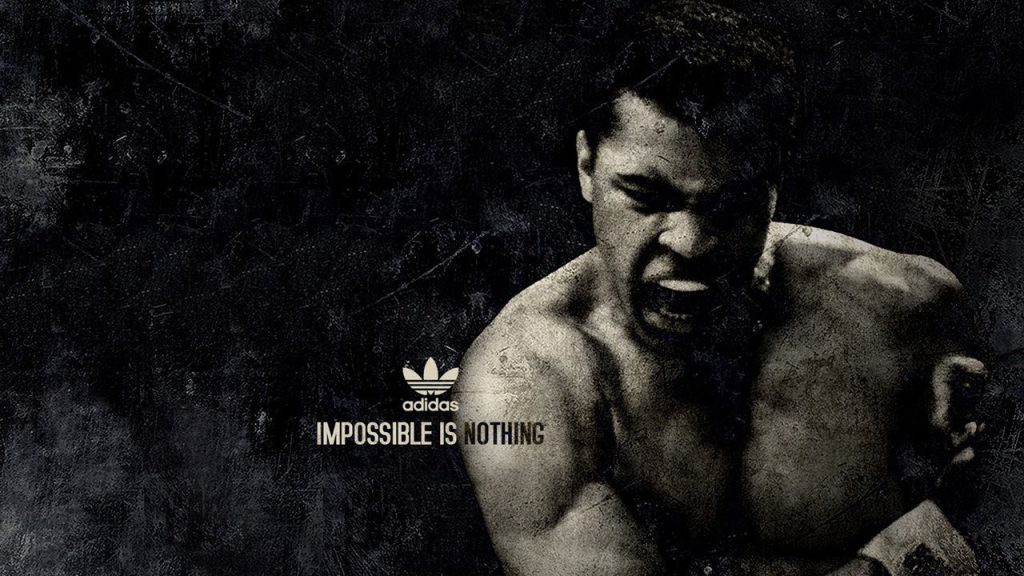
Moving forward in time, in 2008 came another landmark Adidas campaign illustrating and bolstering its identity brand status: ″Adithread – This Is Not a Jersey, ″ by the TBWA Auckland firm, which combined sponsorship (All Blacks) with the use of online media, retail and television. I invite you to take a look at what is a veritable case study for that time showcasing the emergence of digital media and product customization.
I think Adidas is a stellar example of a company’s digital transformation. Now that this theme is on everyone’s lips throughout the business world (often featuring completely empty, vapid language articulated by frauds) it’s a good idea to examine real cases that can inspire us, regardless of the sector in which we work.
Continuing our journey, we come to the year 2015, when in its 5-year ″Creating the New″ strategic plan Adidas described itself as a digital company.
And it did so with major deeds, not just words, achieving the the following milestones during this period:
- Digitization of the production process with 3D printing and robotics technology
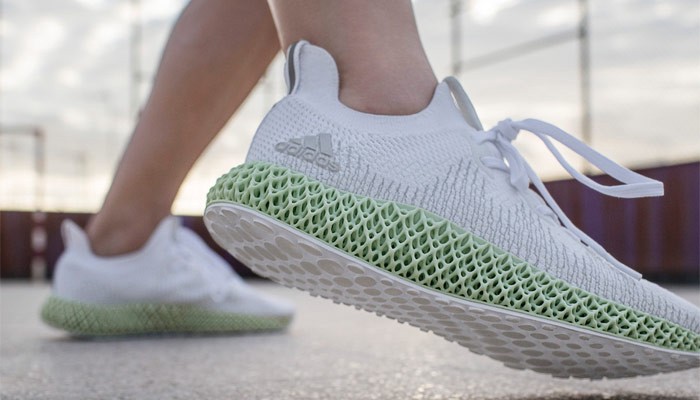
- The enhancement of multi-channel brand experiences for consumers through e-commerce, social media, mobile apps, etc.
- IoT to help optimize consumers’ product decisions thanks to technology: through the use of the Genie Run sensor/pod in the shoes, data was obtained on the runner’s PISADA and running style. This data, displayed on an application, facilitated a personalized selection of the product
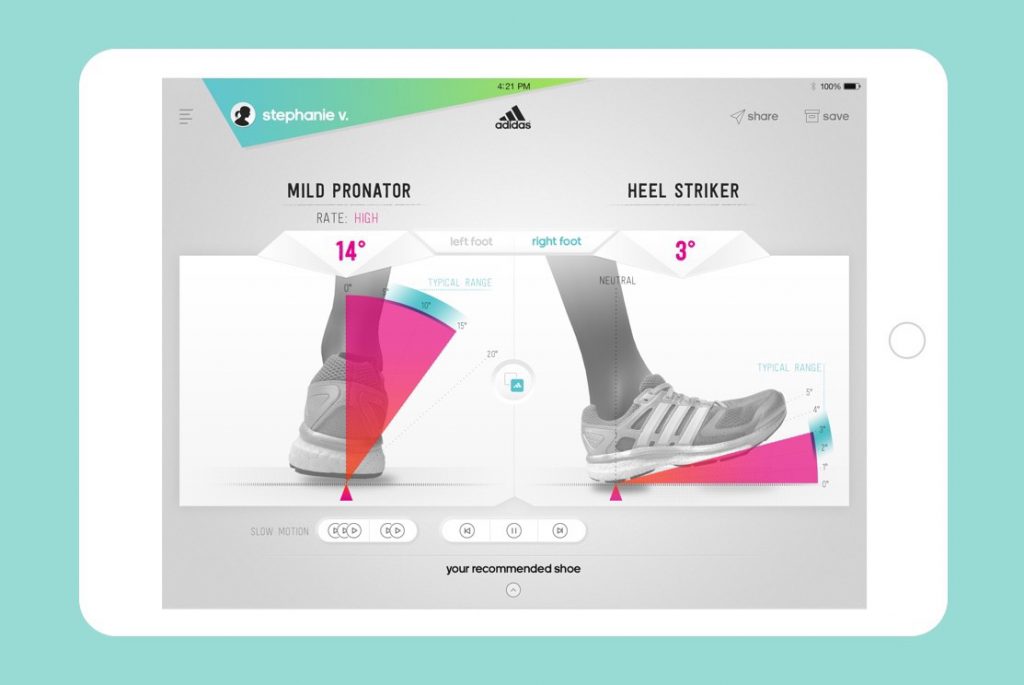
- Open innovation through the Creators Club, also aimed at generating consumer loyalty and advocacy
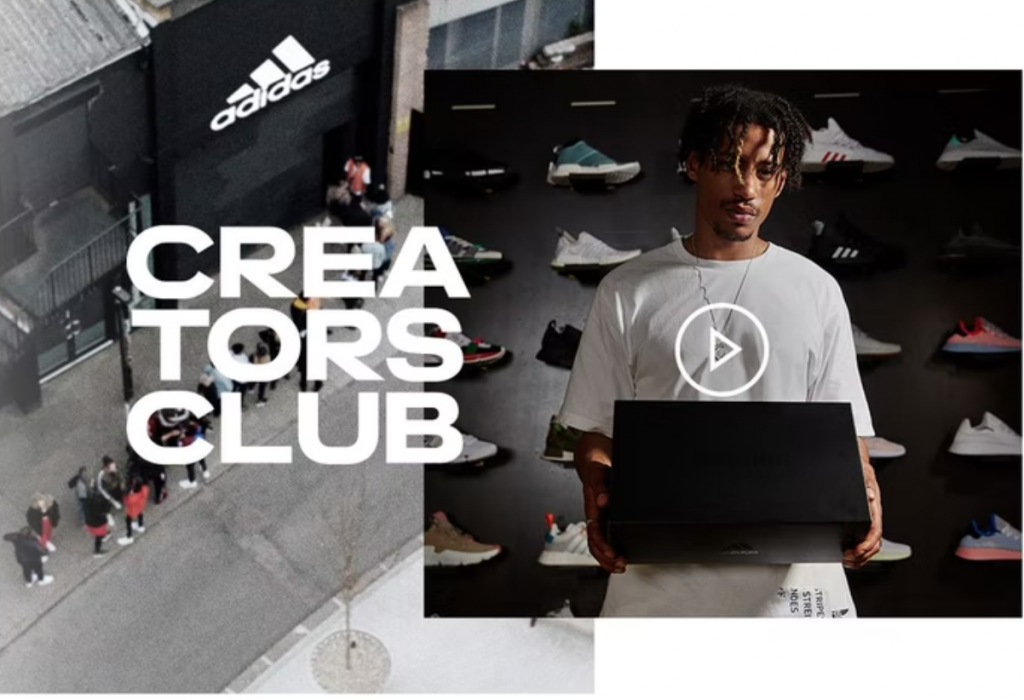
To give us an idea of the magnitude of total investment made in marketing, in 2018 it came to 3.5 billion dollars, 14% of its revenue.
In 2020, as a result of the pandemic😷, Adidas’ sales via the online channel saw exponential growth, 🚀 shooting up 35%
Adidas Own The Game, towards the Metaverse 2020–2025
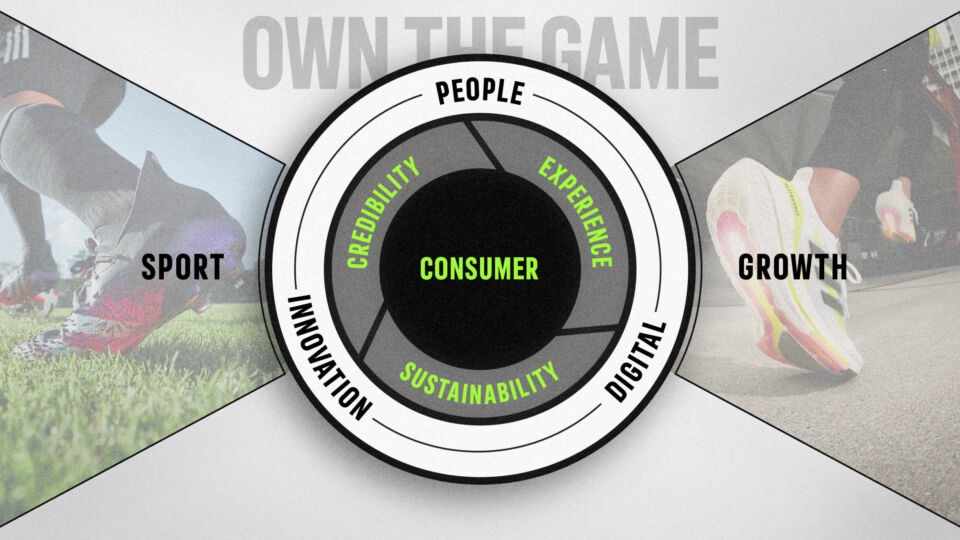
In Q4 2020 Adidas announced its strategy for the next five years, as its ″Own The Game″ campaign built on its commitment to being a digital brand and implementing a 100% consumer-centered strategy.
- One of the main goals it set is to become a company with a DTC — Direct to Consumer – business model.
- Projected sales on the e-commerce channel should double the company’s turnover, reaching 8 – 9 billion euros by 2025
- For all this, the investment in digital transformation over this five-year period will come to some 1 billion euros.
- Adidas was one of the first brands to delve into the #Web3, present in the Metaverse starting on December 2021.
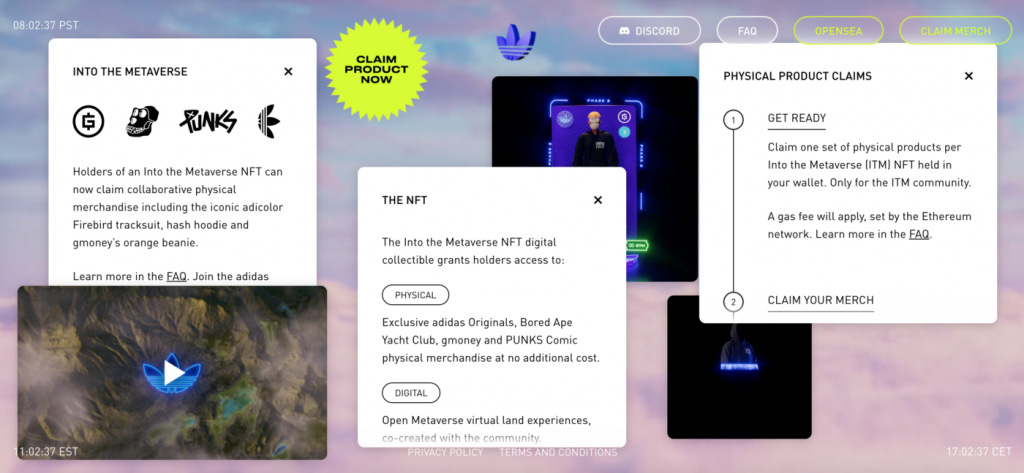
- The company created its own collection of NFTs in Ethereum, some in collaboration with other players in the OpenSea store like Bored Ape Yacht Club, PUNKS Comic, and gmoney. In addition to generating virtual and physical sales of products, they are creating a strong brand link with the early adopters of the Web3 ecosystem.
The lesson learned is that it is possible for a brand to sustain and increase its emotional bonds with consumers over time by adapting to generational changes and social, cultural and technological shifts without sacrificing its identity or legacy.
What other takeaways can we draw from this “case study” for our companies, the brands we work for, and for ourselves as individuals and professionals?
Now, that would make for an interesting discussion. If you agree, let me know and we’ll organize a digital forum to meet up and chat about it.
Like everything in life, by learning history we can better understand the present, and, above all, better imagine the future we want to build.
Impossible is nothing.
By Ángel González
Ideagoras


